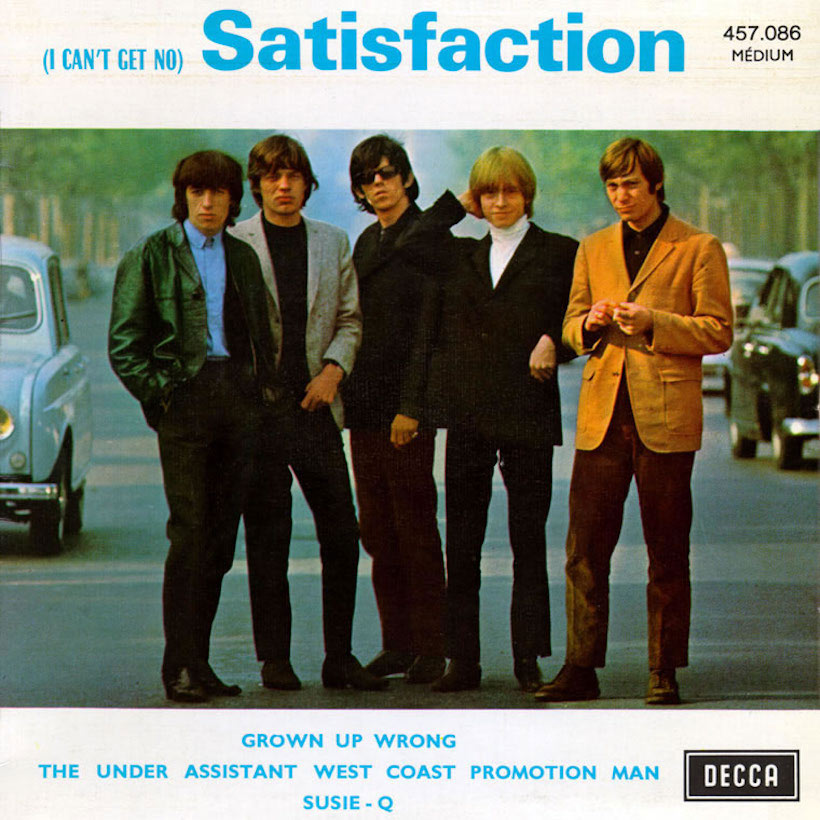Introduction:
When it comes to rock ‘n’ roll anthems, few songs have made a lasting impact quite like “(I Can’t Get No) Satisfaction” by The Rolling Stones. Released in 1965, this iconic track has become synonymous with the rebellious spirit of rock music and continues to resonate with audiences across generations. With its gritty guitar riffs, infectious energy, and provocative lyrics, “(I Can’t Get No) Satisfaction” stands as a testament to The Rolling Stones’ raw talent and their ability to capture the frustrations and desires of their time.
- A Guitar-Driven Powerhouse:
The opening guitar riff of “(I Can’t Get No) Satisfaction” is instantly recognizable and has become one of the most iconic in rock history. Keith Richards’ catchy and distorted guitar work, coupled with Charlie Watts’ driving drums, lays the foundation for a high-energy rock ‘n’ roll experience. The song’s infectious rhythm and memorable hooks have made it a staple on rock playlists for decades.
- A Rebel Yell Against Conformity:
“(I Can’t Get No) Satisfaction” captures the rebellious spirit of the 1960s, challenging societal norms and rejecting the notion of conformity. Mick Jagger’s impassioned vocal delivery and provocative lyrics express a sense of frustration with consumer culture, media influence, and the pressures to fit into societal expectations. The song’s relatable themes struck a chord with listeners, becoming an anthem of defiance and individuality. - Cultural Impact and Enduring Relevance:
“(I Can’t Get No) Satisfaction” catapulted The Rolling Stones to international fame and marked a turning point in their career. The song’s success solidified their status as one of the leading forces in rock music and set the stage for their future groundbreaking releases. Over the years, the track has remained a staple in the band’s live performances and continues to be embraced by new generations, attesting to its timeless appeal. - Shaping Rock Music:
The influence of “(I Can’t Get No) Satisfaction” extends far beyond its initial release. The song’s raw energy, rebellious attitude, and infectious guitar riff have inspired countless musicians and bands. Its impact on the evolution of rock music cannot be understated, as it helped shape the sound and ethos of the genre for years to come.
Conclusion:
The Rolling Stones’ “(I Can’t Get No) Satisfaction” stands as a testament to the power and enduring impact of rock ‘n’ roll. With its captivating guitar work, rebellious lyrics, and timeless appeal, the song has become a symbol of the counter-cultural movement of the 1960s and an anthem of individuality and defiance. As the years pass, “(I Can’t Get No) Satisfaction” continues to resonate with audiences, reminding us of the transformative power of music and the enduring legacy of The Rolling Stones.
